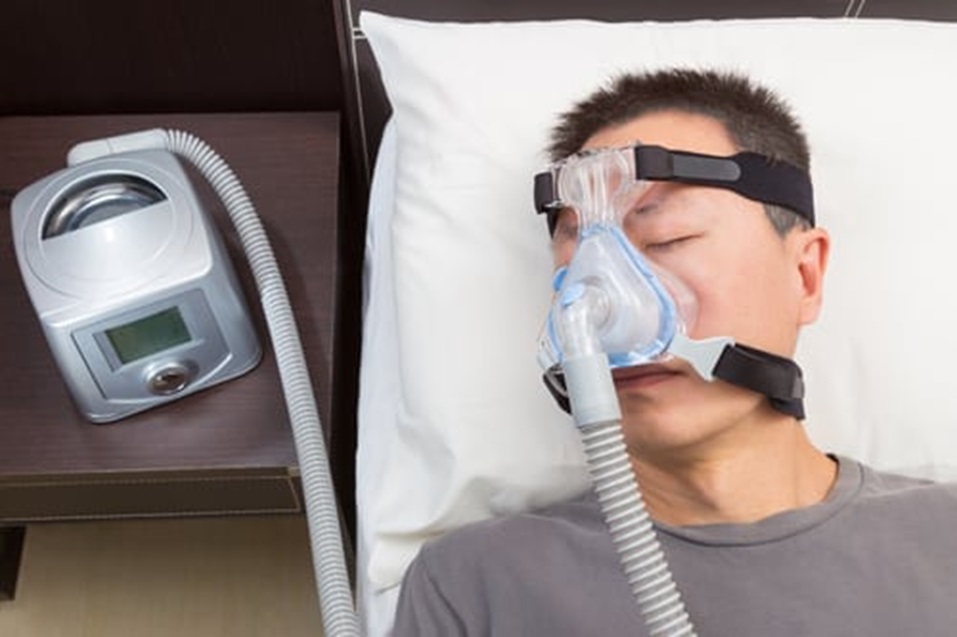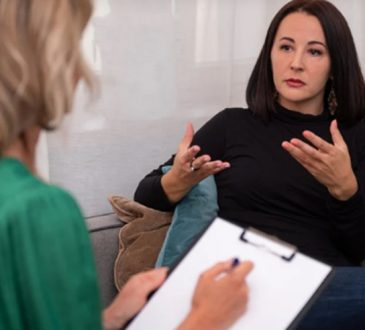
Sleep apnea is when you stop breathing while you sleep, causing oxygen levels to fall. It can lead to serious medical complications and even death, but it is treated with various methods. This post will examine how severe sleep apnea treatment helps you and what options are available for treating the condition.
The causes of sleep apnea are not well understood, but researchers believe that it occurs when the muscles in the back of your throat relax too much during sleep, causing soft tissue to block your airways. It leads to pauses in breathing and decreases oxygen flow throughout the night.
People with severe cases often have trouble waking up because they aren’t getting enough oxygen during their sleep cycle. In addition to disrupting their restful slumber, untreated sleep apnea can cause high blood pressure and contribute to heart disease or stroke if left untreated.
Why is Sleep Apnea Treatment so Effective?
Sleep Apnea Treatment is so effective because it helps to reduce the severity of your sleep apnea and improve your quality of life. For example, you may feel tired when you have chronic sleep issues during the day. You may also experience headaches and irritability. If left untreated, these symptoms can worsen over time—making it difficult to lead a normal life or pursue important goals like getting pregnant or finding a job.
Here are some benefits of sleep apnea treatment,
- Reduces the risk of heart disease and stroke.
- Reduces the risk of Type 2 Diabetes.
- Reduces the risk of high blood pressure, which can lead to kidney damage and other serious conditions.
- It can help reduce depression and anxiety by stabilising moods throughout the day and improving sleep quality during each night’s rest period, which can significantly impact mental health.
- It helps improve cognitive function by reducing daytime sleepiness caused by untreated OSA, preventing sufferers from getting enough hours in bed at night.
CPAP Therapy / Treatment
CPAP is a machine that supplies continuous air pressure to keep the airway open. It’s the most common treatment for sleep apnea. The CPAP machine blows air into your throat as you sleep and keeps your airway open, allowing unobstructed breathing throughout the night.
The advantages of CPAP include:
- Effectiveness: Most people who use CPAP experience significant improvements in their quality of life after using it for several weeks or months.
- Comfortable fit: If you choose a mask that fits properly, it won’t feel uncomfortable on your face like other treatments for sleep apnea might.
- Effortless operation: All you have to do is put on the mask at bedtime and sleep.
Oral Appliance Therapy / Treatment
Oral appliances are custom-made mouth guards that are worn while sleeping. They are designed to hold the lower jaw forward and open the airway, allowing air to flow freely through your nose and throat. It is safely used for as long as you need them, but you should visit your dentist every 6 months for regular checkups to ensure that it remains in good condition.
A common misconception about oral devices is that they’re uncomfortable and difficult to get used to—but this isn’t true! On the contrary, oral devices can provide better sleep quality than continuous positive airway pressure (CPAP) machines because they’re less bulky and invasive.
Interventional Surgery
Surgery is not for everyone, as with any other treatment option for sleep apnea. You should consult your doctor before deciding whether or not to undergo the procedure.
- Surgery can be an effective treatment method for severe cases of sleep apnea, but it is a last resort. It’s expensive and invasive, so you’ll want to ensure other methods haven’t worked before considering this course.
- Surgery does not always cure sleep apnea symptoms; some people still experience episodes after surgically removing their tonsils (though these instances are less frequent than those who have not undergone this operation). If this happens to you after surgery, contact your doctor for advice on what steps should be taken next!
Conclusion
The most effective severe sleep apnea treatment is oral appliances and CPAP therapy. These treatments are individually effective, but together they offer the best results for many patients. If you think you may have sleep apnea, talk to your doctor about it. You may find that treatment’s the most comfortable option!




